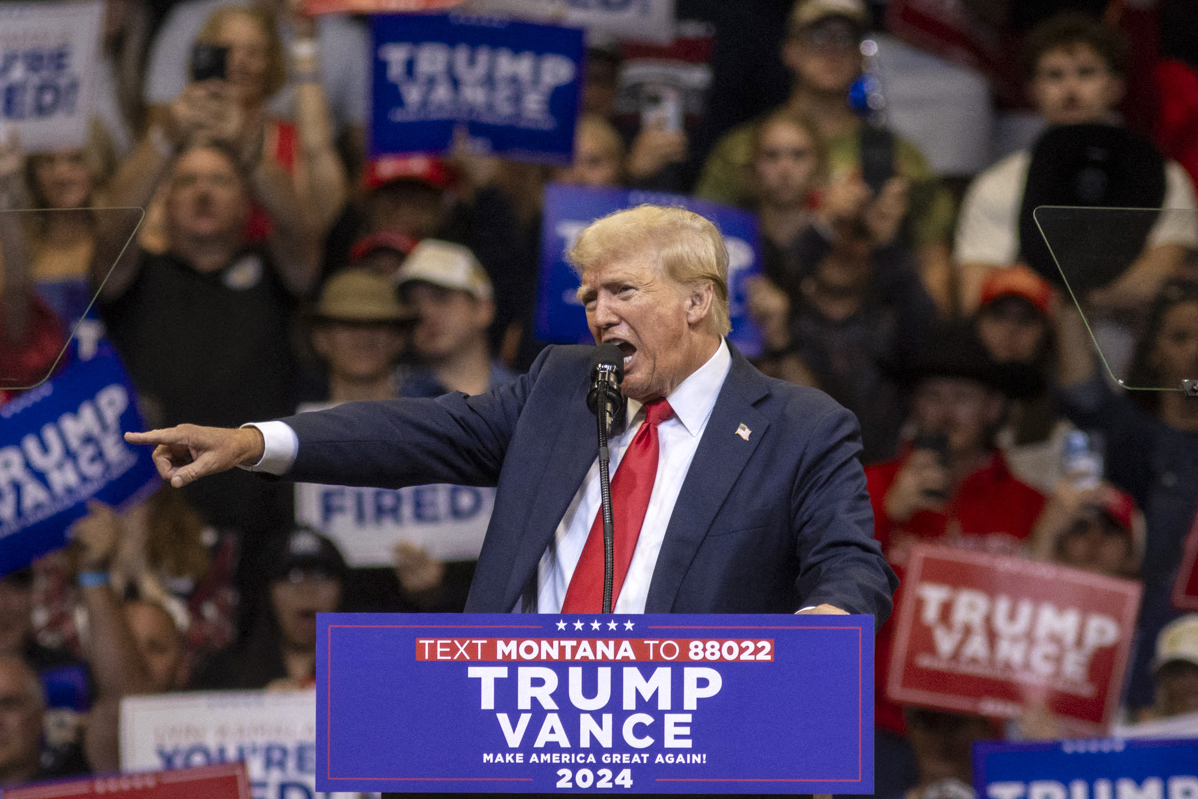
Amid an unprecedented cyberattack on telecommunications companies such as AT&T and Verizon, U.S. officials have recommended that Americans use encrypted messaging apps to ensure their communications stay hidden from foreign hackers.
The hacking campaign, nicknamed Salt Typhoon by Microsoft, is one of the largest intelligence compromises in U.S. history, and not yet fully remediated. Officials in a press call Tuesday refused to set a timetable for declaring the country’s telecommunications systems free of interlopers. Officials had previously told NBC News that China hacked AT&T, Verizon and Lumen Technologies to spy on customers.
A spokesperson for the Chinese Embassy in Washington, D.C., didn’t immediately respond to a request for comment.
In the call Tuesday, two officials — a senior FBI official who requested to not be named and Jeff Greene, executive assistant director for cybersecurity at the U.S. Cybersecurity and Infrastructure Security Agency — both recommended using encrypted messaging apps to Americans who wanted to minimize the chances of China intercepting their communications.
Get Tri-state area news delivered to your inbox.> Sign up for NBC New York's News Headlines newsletter.
“Our suggestion, what we have told folks internally, is not new here: encryption is your friend, whether it’s on text messaging or if you have the capacity to use encrypted voice communication. Even if the adversary is able to intercept the data, if it is encrypted, it will make it impossible,” Greene said.
“People looking to further protect their mobile device communications would benefit from considering using a cellphone that automatically receives timely operating system updates, responsibly managed encryption and phishing resistant” multi-factor authentication for email, social media and collaboration tool accounts, the FBI official said.
The scope of the telecom compromise is so significant that Greene said it was “impossible” for the agencies “to predict a time frame on when we’ll have full eviction.”
The hackers generally accessed three types of information, the FBI official said.
One type has been call records, or metadata, showing the time and numbers that phone calls were made. The hackers focused on records around the Washington, D.C., area, and the FBI does not plan to alert people whose phone metadata was accessed.
The second type has been live phone calls of some specific targets. The FBI official declined to say how many alerts it had sent out to targets of that campaign, but the presidential campaigns of both Donald Trump and Kamala Harris, as well as the office of Senate Majority Leader Chuck Schumer, D-N.Y., told NBC News in October that they had been informed by the FBI that they had been targeted.
The third has been systems that telecommunications companies use in compliance with the Commission on Accreditation for Law Enforcement Agencies (CALEA), which allows law enforcement and intelligence agencies with court orders to track individuals’ communications. CALEA systems can include classified court orders from the Foreign Intelligence Surveillance Court, which processes some U.S. intelligence court orders. The FBI official declined to say if any classified material was accessed.
Privacy advocates have long advocated for the use of end-to-end encrypted apps. Signal and WhatsApp both automatically implement end-to-end encryption in both calls and messages. Google Messages and iMessage also can encrypt both calls and texts end to end.
The FBI and other federal law enforcement have a complicated relationship with encryption technology, historically advocating against full end-to-end encryption that does not allow law enforcement access to digital material even with a warrant. But the FBI has also supported forms of encryption that do allow for some law enforcement access in certain circumstances.
Despite the fact that the hacking campaign was first publicly disclosed in the lead-up to the election, the United States does not believe it was an attempt to sway results, the FBI official said, and is instead a massive but traditional espionage operation by China to gather intelligence on American politics and government.
“We see this as a cyber espionage campaign, not dissimilar to any other approaches. Certainly the way they went about it was very, very specific about the telcos and the ISPs, but it fits into the cyber espionage bucket,” the FBI official said.
In a statement to NBC News, Ron Wyden, D-Ore, one of the Senate’s fiercest privacy advocates, criticized America’s reliance on CALEA as it leaves such sensitive information unencrypted.
“Whether it’s AT&T, Verizon, or Microsoft and Google, when those companies are inevitably hacked, China and other adversaries can steal those communications,” he said.
This story first appeared on NBCNews.com. More from NBC News:



